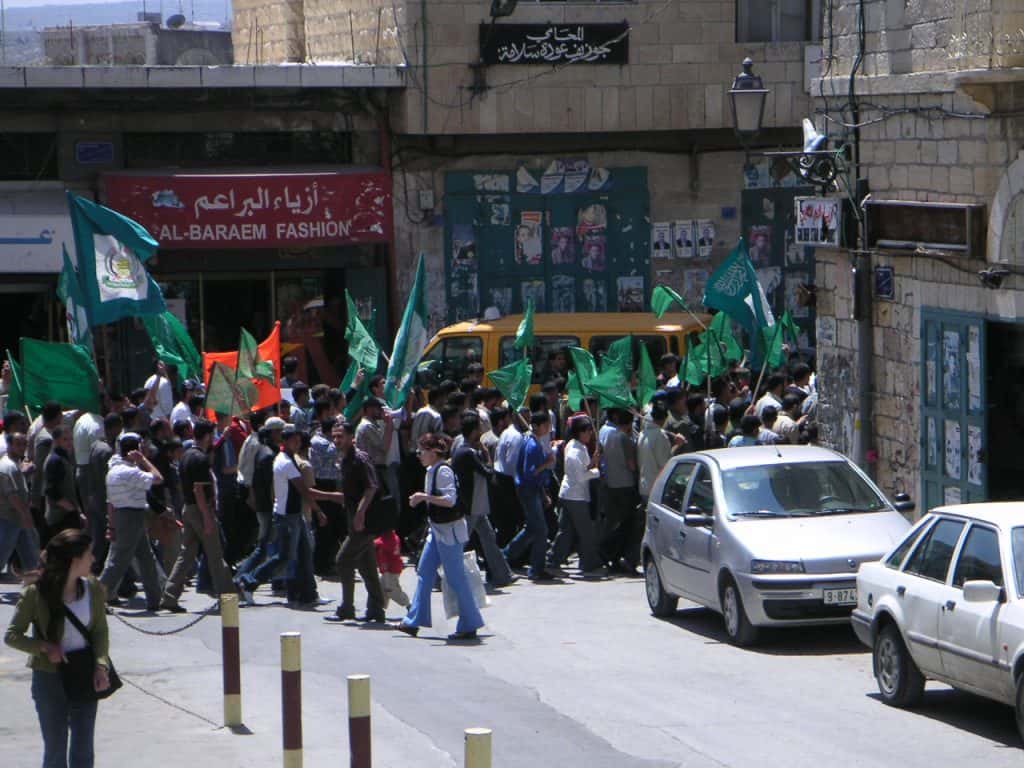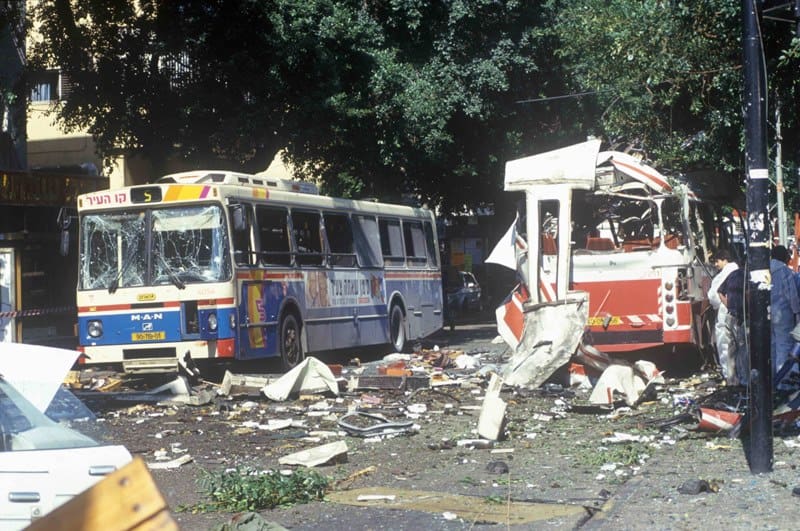Hamas, which stands for Harakat al-Muqawamah al-Islamiyyah in Arabic, is a significant Palestinian political and militant organization with a complex history and a substantial presence in the Palestinian territories, particularly the Gaza Strip. Founded in 1987 during the First Intifada (Palestinian uprising against Israeli rule), Hamas has become a significant player in Palestinian politics and a key actor in the Israeli-Palestinian conflict.
Hamas Tunnels
Origins and Objectives
Hamas was founded as a response to perceived injustices and hardships faced by Palestinians under Israeli occupation. Its primary objectives, as outlined in its charter, include establishing an Islamic state in historic Palestine, resistance against Israeli occupation, and liberating all Palestinian territories. While these objectives are consistent with Hamas’s Islamist ideology, the organization also provides social services, such as education and healthcare, to Palestinians, which has garnered it significant grassroots support.

Credit: Soman (based on copyright claims). CC BY-SA 2.5, via Wikimedia Commons
Political and Military Wings
Hamas operates both as a political and a military organization. Its military wing, known as the Izz ad-Din al-Qassam Brigades, has been responsible for launching attacks against Israeli targets, including suicide bombings, rocket attacks, and armed confrontations. These actions have led to international condemnation and designation as a terrorist organization by several countries.
Israeli Palestinian Conflict
The political wing of Hamas has participated in Palestinian elections and holds significant power in the Gaza Strip. In 2006, Hamas won the Palestinian legislative elections, leading to a split in Palestinian governance with the West Bank controlled by Fatah and the Gaza Strip under Hamas rule. This division has complicated Palestinian unity and peace negotiations.
Challenges and Controversies
In addition, this terror organization’s military activities and refusal to recognize Israel’s right to exist have been major obstacles to peace negotiations in the region. Its attacks on Israeli civilians have led to retaliatory measures, including military operations and blockades, that have devastated the people of Gaza. These actions have drawn international criticism, with many nations urging Hamas to abandon violence and recognize Israel.

Credit: Brkai Wolfson/IDF Spokesperson’s Unit.
Furthermore, there are divisions within Palestinian society regarding Hamas’s methods and objectives. Some view the organization as a legitimate resistance movement, while others see it as an impediment to peace and reconciliation with Israel.
1948 War
Conclusion
Lastly, Hamas remains a complex and influential player in the Israeli-Palestinian conflict. Moreover, its objectives, tactics, and role in Palestinian politics continue to shape the region’s dynamics. In addition, resolving the conflict and achieving a lasting peace will likely require addressing the concerns and grievances of all parties involved, including finding a way to engage with and potentially transform organizations like Hamas into political entities that can work towards a peaceful resolution.

